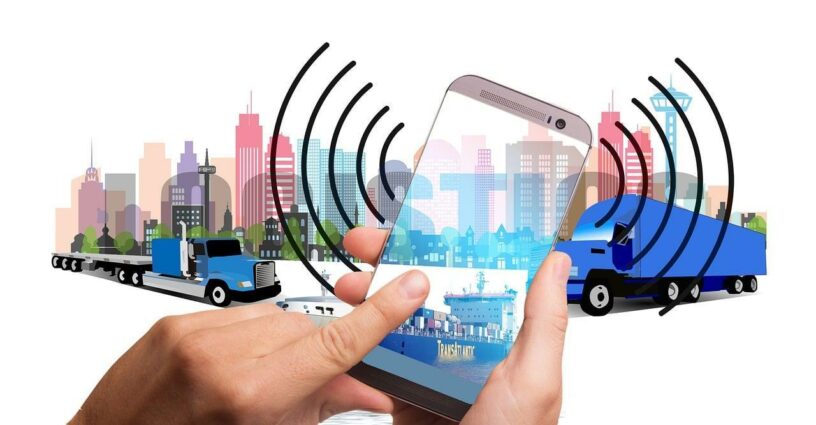Logistics planners constantly juggle complex tasks: route optimization, inventory management, and customer satisfaction. For years, the industry has relied on technology to streamline operations and solve these persistent challenges.
Today, artificial intelligence is taking center stage as the latest innovation in logistics solutions. AI transforms how logistics companies operate daily, from automated route planning to enhanced proof of delivery systems.
This piece explores current applications and emerging trends reshaping the future of logistics with AI, so keep reading to learn more.
Automated route planning
AI-driven route planning revolutionizes logistics. Traditional methods depend on fixed schedules and static maps. With AI, dynamic real-time data from traffic patterns based on data from other tools such as Google Maps, weather conditions, and roadworks optimizes routes instantly.
With automated route planning, delivery trucks do not have to remain stuck in unexpected traffic. Instead, AI algorithms reroute the vehicle using alternative paths to save time and fuel, significantly reducing costs.
Enhancing customer communication
Besides optimizing routes, AI steps up in customer communication. It automates responses to inquiries about delivery status and estimated arrival times. Customers no longer wait endlessly for updates. AI-powered chatbots handle common queries quickly and efficiently.
Big players like Amazon utilize these systems, ensuring timely information dissemination through SMS or email alerts when packages are on their way or experiencing delays. This enhanced customer communication helps reduce the number of inbound calls and emails, freeing human resources for more complex tasks.
Improving proof of delivery systems
In addition to customer communication, AI enhances proof of delivery (PoD) systems. Traditional methods rely on paper signatures or basic digital acknowledgments. AI introduces advanced verification through facial recognition and biometric scans.
Logistics companies like UPS integrate these technologies to ensure packages reach the correct recipients securely. Drivers use mobile devices equipped with AI for instant identity confirmation upon delivery, minimizing disputes and errors, leading to higher accountability and transparency throughout the delivery process.
Optimizing inventory management
AI also introduces significant improvements in inventory management. Logistics firms leverage machine learning algorithms to predict stock levels and demand patterns accurately, ensuring optimal inventory levels without overstocking or understocking.
Retail giants utilize AI to monitor real-time sales data and forecast future demands efficiently. Integrating this with their delivery route planning solution, they align stock replenishment schedules perfectly with delivery logistics, avoiding delays in getting products on shelves.
Streamlining warehouse operations
AI’s impact extends to streamlining warehouse operations. Companies employ AI-powered robots and automated systems for tasks like sorting, picking, and packing products.
These smart robots navigate warehouses efficiently using advanced sensors and real-time data. They identify the shortest paths to locate items quickly, boosting overall productivity.
AI-driven solutions also help automate repetitive tasks and improve accuracy in order fulfillment while significantly reducing labor costs and the time between when a customer places an order and when they receive it at their doorstep.
Enhancing predictive maintenance
AI also shines in predictive maintenance for logistics. Automated systems monitor vehicle health using real-time sensor data, ensuring timely servicing and repairs. When Ai detects an anomaly, the system alerts the maintenance team to address potential issues before they become serious problems.
This proactive approach minimizes unexpected breakdowns that could disrupt delivery schedules. Besides nipping problems in the bud, predictive maintenance reduces downtime, extends vehicle lifespan, and ensures a smooth operation without last-minute hiccups or costly emergency repairs.
Future trends in AI for logistics
AI’s role in logistics is set to expand significantly. Innovations like drone deliveries could become more common, providing faster service for last-mile delivery.
The integration of blockchain with AI can improve transparency and security across supply chains. Real-time tracking will become more precise, offering detailed insights into every stage of a product’s journey.
Embracing these future trends ensures your business remains ahead of the curve while providing exceptional service.











Leave a Reply